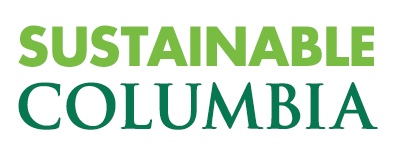Green Monday

What is Green Monday?
Green Monday is a global sustainability initiative that was designed to promote green lifestyle choices. It builds on the successful Meatless Monday and Healthy Monday programs started by the Monday Campaigns in 2003 with leading public health schools, including the Columbia Mailman School of Public Health. Since then, these initiatives have been implemented in 36 countries.
Inspired by Meatless Monday, Columbia alumnus David Yeung created Green Monday in his native Hong Kong to promote meat reduction alongside other sustainability practices such as recycling and energy efficient lighting.
Why Monday? Monday is a good entry point for a shift to healthy, sustainable habits because it taps into the “Monday mindset” when people are most open to starting and restarting healthy, positive behaviors. Small changes can make a big difference without requiring a drastic lifestyle change. For example, eliminating meat one day a week is an easy and tangible way for people to reduce their carbon footprint. Did you know that 1,850 gallons of water are needed to produce a single pound of beef, whereas only 39 gallons are needed to produce a pound of vegetables? But, going meatless on Monday is just the beginning.
Green Monday at Columbia
At Columbia, Green Monday focuses on four themes: recycling, food and nutrition, paper waste reduction, and energy conservation. Tips and challenges for our undergraduate residential community make it easy and fun to incorporate environmentally-friendly habits into your daily routine.
Going green can be easy, starting with simple steps and behavior changes that over time will lead to a greater environmental impact. Watch this video to learn more about Green Monday from the EcoReps.
Take Action!
These simple steps and tips will get you started on the right track.
- Eat meat-free meals one day a week and reduce your carbon emissions.
- Learn how to recycle properly and get educated on how you can get rid of hazardous items.
- Reduce food waste by only taking as much food as you will consume. Remember, taste, don't waste.
- Reduce paper waste by monitoring how much you print and using electronic documents wherever possible.
- Cut down your energy usage by taking the stairs, unplugging phone chargers when not in use and turning off the light when you leave a room.
